Surprised? With all the talk about dogs being “kid replacements” and the amount of dog products and services that are cropping up every week, this may seem unbelievable. After all, cats are for the “older crowd,” right?
Not so, says a new survey conducted by Nestle-Purina! The survey was conducted online among 1,000 subjects ages 18-34 in the United States between October 16 – 22, 2015. According to the survey:
Close to half of 1,000 survey respondents in the millennial age range (18 to 34) say they own cats, and many believe their cat is similar to themselves. Many millennials consider themselves independent, yet social. Fifty-seven percent of millennial cat owners say their cat is as important in their lives as their friends, two in five consider their cat to be their new “best friend” and nearly 50 percent say they tell their cat secrets no one else knows.
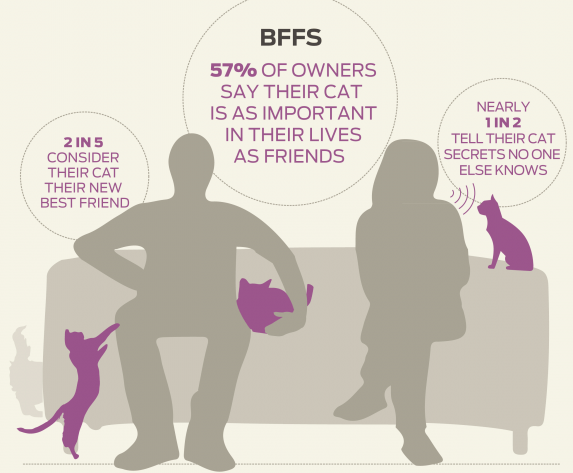
“Independent, yet social” – sounds like a cat to us! Maybe that’s why the millennials prefer cats, they identify more with them?
Many of the respondents added that they preferred cats because they fit in with the way they live:
More than 80 percent of millennial cat owners agree one of the main reasons they own a cat is their cat fits in well with their current lifestyle, perhaps because two-thirds of their cats stay entirely indoors.
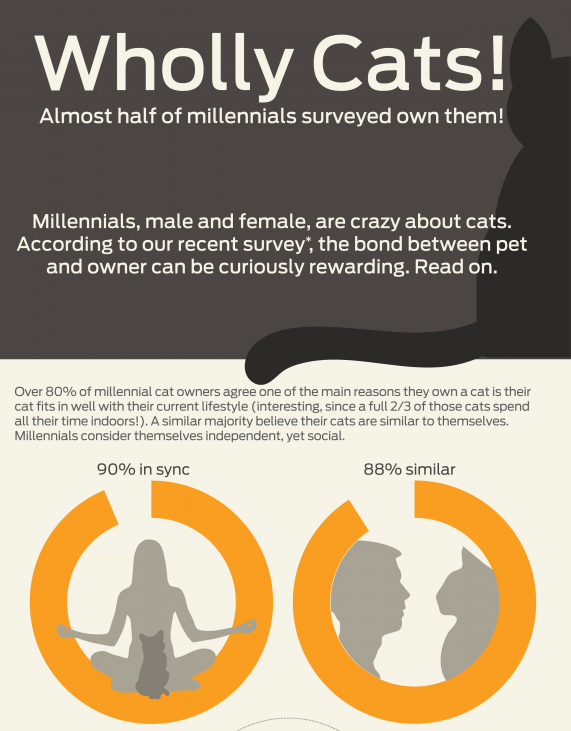
“People like cats because they are great pets – they provide comfort to their owners and with appropriate socialization they can be warm and friendly,” said Purina behaviorist Sandra Lyn. “In addition, they don’t need to be taken on walks or for bathroom breaks and they’re generally happy doing their own thing, though they do like attention and cuddling.”
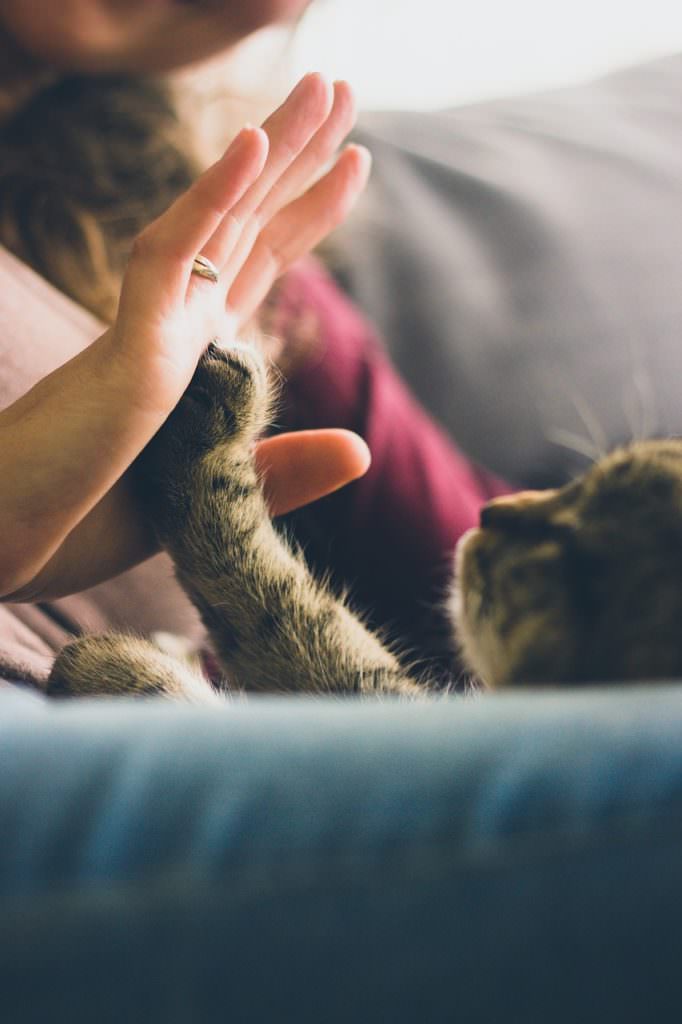
Cats make it easier to leave your house for long periods of time, which millennials with busy lives (work, social, etc.) prefer over a dog who has to be walked and taken out to go the bathroom. I personally know what it’s like to have to say, “I have to go because my dogs are at home.” That can be a deterrent for many would-be dog owners.
Changing the Idea of a “Cat Lady”
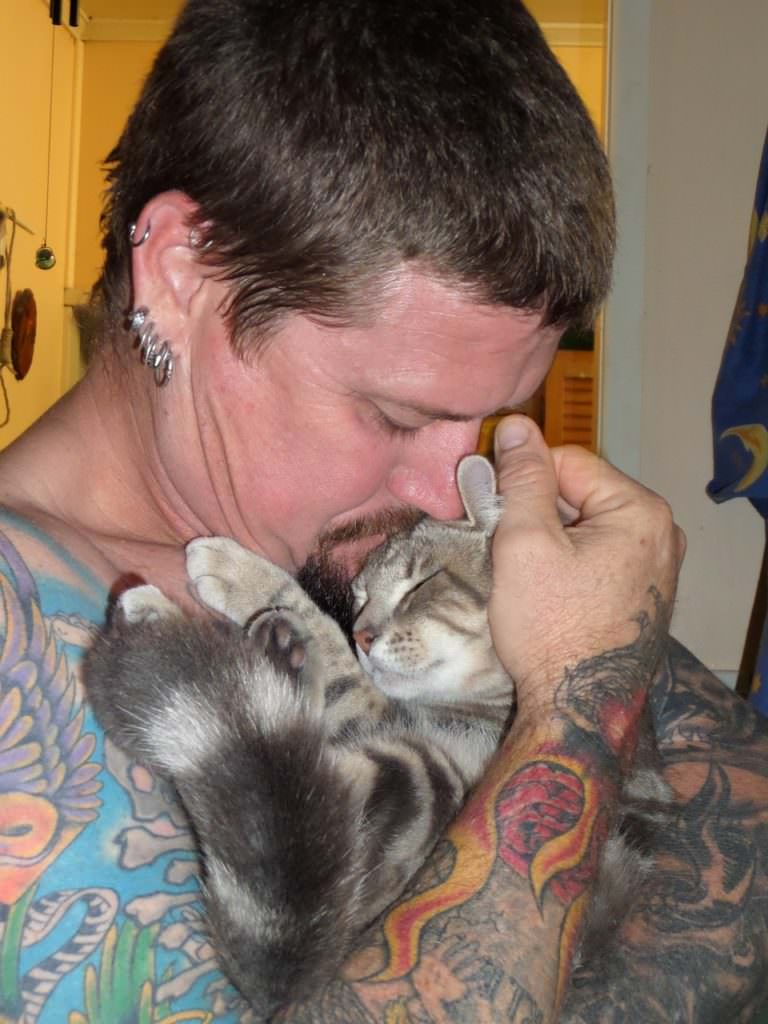
While the Nestle-Purina survey was unsure of the reason (though they hypothesize that famous social media cats such as “Grumpy Cat” may be influencers), their study showed that the term “cat lady” is no longer being used just as a joke:
It’s unclear whether the preponderance of cat videos (and the popularity of “celebrity cats” such as Grumpy Cat) in digital media has affected the political correctness of being attached to one’s cat, but nearly three in five millennial cat owners surveyed by Purina consider themselves as “cat ladies” or “cat men.”
While the “traditional” cat lady was a recluse who only talked to her cats, the new millennial “cat people” feel their cats actually bring them together with other cat-loving individuals:
Many also see their pets as a form of social currency through which they can share photos and stories on digital media, according to the Wakefield Research study.
In fact, two in five millennial cat owners talk about their pets on social media, three in five have watched cat videos and half have shared cat memes.
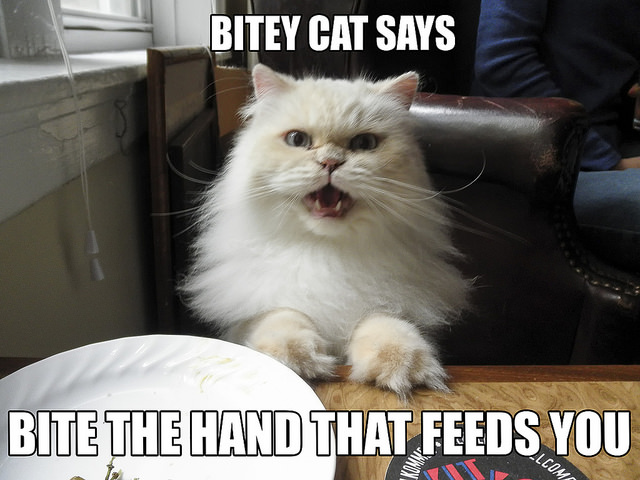
In general, those identifying as cat people are 11 percent more apt to have an “open” personality than dog people, meaning they tend to be curious, creative, artistic and more apt to be non-traditional thinkers, says research by WebMD. Further, Purina found 88 percent of millennial cat owners consider themselves similar to their cats. Forty percent describe their lifestyle as independent, and 72 percent see themselves as friendly – with 46 percent motivated to own cats because they’re also friendly.

